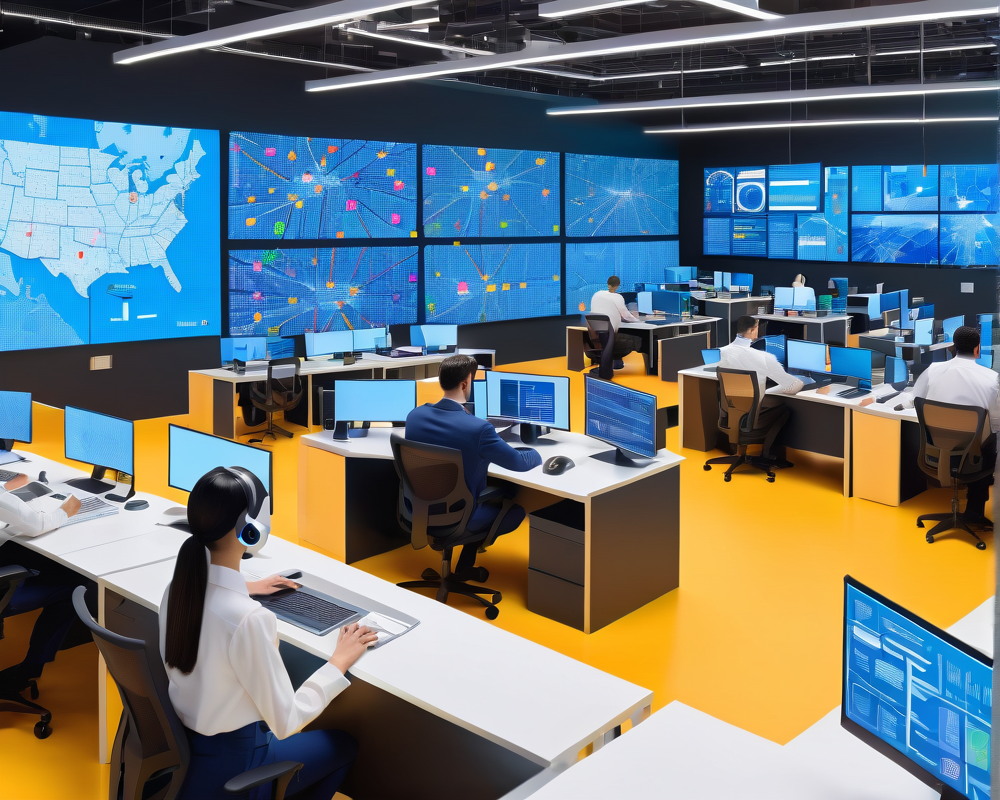The Rise of AI Surveillance
Artificial intelligence is becoming increasingly embedded in workplace dynamics, often more like an overbearing boss than a helpful coworker. With employers looking to monitor employee productivity through AI tools, it can feel like 1984 has come to life, but with fewer pickaxes and more algorithms.
Government Interest in AI Monitoring
As reports surface about the extent of AI surveillance in the office, U.S. officials are stepping in. On May 23, White House officials noted they would be surveying workers to uncover how their employers deploy AI for monitoring. Sounds enlightening, right? Or maybe just a fancy way to say, ‘We’re watching you.’
The Listening Session: What to Expect
Mark your calendars, folks! A listening session is scheduled, inviting gig workers, researchers, and policymakers – oh my! This public forum aims to understand workers’ experiences with AI monitoring and evaluation techniques, so bring your best stories of AI shenanigans!
A Meeting of Minds
Shortly before this session, Vice President Kamala Harris hosted executives from big tech companies at the White House to dissect the dark side of AI. The meeting included a star-studded lineup with CEOs from OpenAI, Microsoft, and Meta – or as I like to call it, a tech CEO version of Avengers: Endgame.
Legislative Moves Around the Globes
The U.S. isn’t alone in its quest to establish some order in this AI chaos. Across the pond, the UK has pledged almost $125 million to create a task force addressing AI safety. Meanwhile, the European Union is polishing up its Artificial Intelligence Act, which could revolutionize regulations governing generative AI tools. Discussions even include a potential ban on facial recognition tech in public spaces. Because who doesn’t want their face scanned everywhere they go?
Why Monitoring Matters
With technology evolving, so does the need for responsible usage. The recent session where Sam Altman, CEO of OpenAI, testified about the threats of generative AI highlights a crucial juncture. It’s not just about innovation; it’s about ethical innovation. Will AI serve humanity, or will we eventually need to create ‘AI rights’ depending on how things go?




